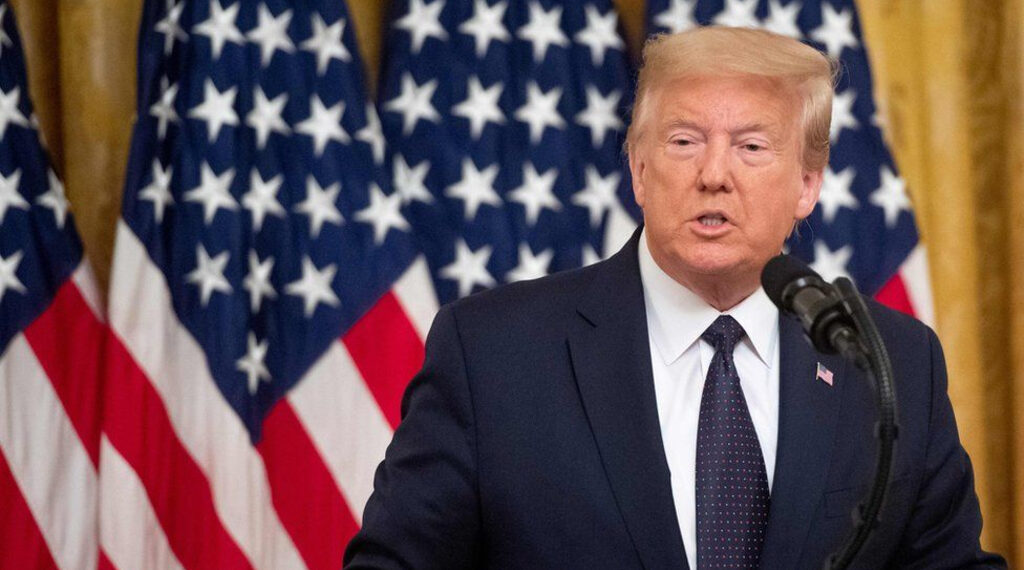Donald Trump spent weeks inflaming supporters by telling them the November election was stolen, then became “inciter-in-chief” of the deadly US Capitol riot, Democratic prosecutors told Senators Wednesday at the former president’s impeachment trial.
In blunt, direct language to begin formal arguments, lead House impeachment manager Jamie Raskin said the then-president had the power to stop the mob and prevent the deadly unrest on January 6.
Instead he did the opposite, fueling the narrative to never concede the election and to “fight like hell” to prevent the election’s certification, said the manager, who performs the role of the prosecutor in a court trial.
“The evidence will show you that ex-president Trump was no innocent bystander,” Raskin said before the 100 senators sitting as jurors in the former president’s unprecedented second impeachment trial.
“Donald Trump surrendered his role as commander-in-chief and became the inciter-in-chief of a dangerous insurrection,” he added.
“And when the violence inexorably and inevitably came, as predicted, and overran this body and the House of Representatives with chaos, we will show you that he completely abdicated his duty as commander in chief to stop the violence and protect the government,” Raskin added.
Convicting Trump will be a heavy lift. With the Senate evenly split 50-50, and two thirds of the Senate needed for a guilty verdict, 17 Republicans would need to defect and join all Democrats in order to secure a conviction.
On Tuesday, just six Republicans joined the Democrats in voting that the trial was constitutional and could proceed.
Democrats have two days to lay out their case, and they have already made use of extensive video footage of the chaotic assault, but also of Trump’s January 6 speech near the White House.
The impeachment managers swiftly made the case that the president used his remarks as “a call to arms,” the final piece in a carefully planned effort to incite his supporters to fight to overturn the election results.
“At the beginning of the day he told you it was coming, at the end of the day he basically said ‘I told you this would happen,'” Raskin said.
“And then he adds ‘Remember this day forever’ — but not as a day of disgrace, a day of horror and trauma as the rest of us remember it, but a day of celebration.”






















